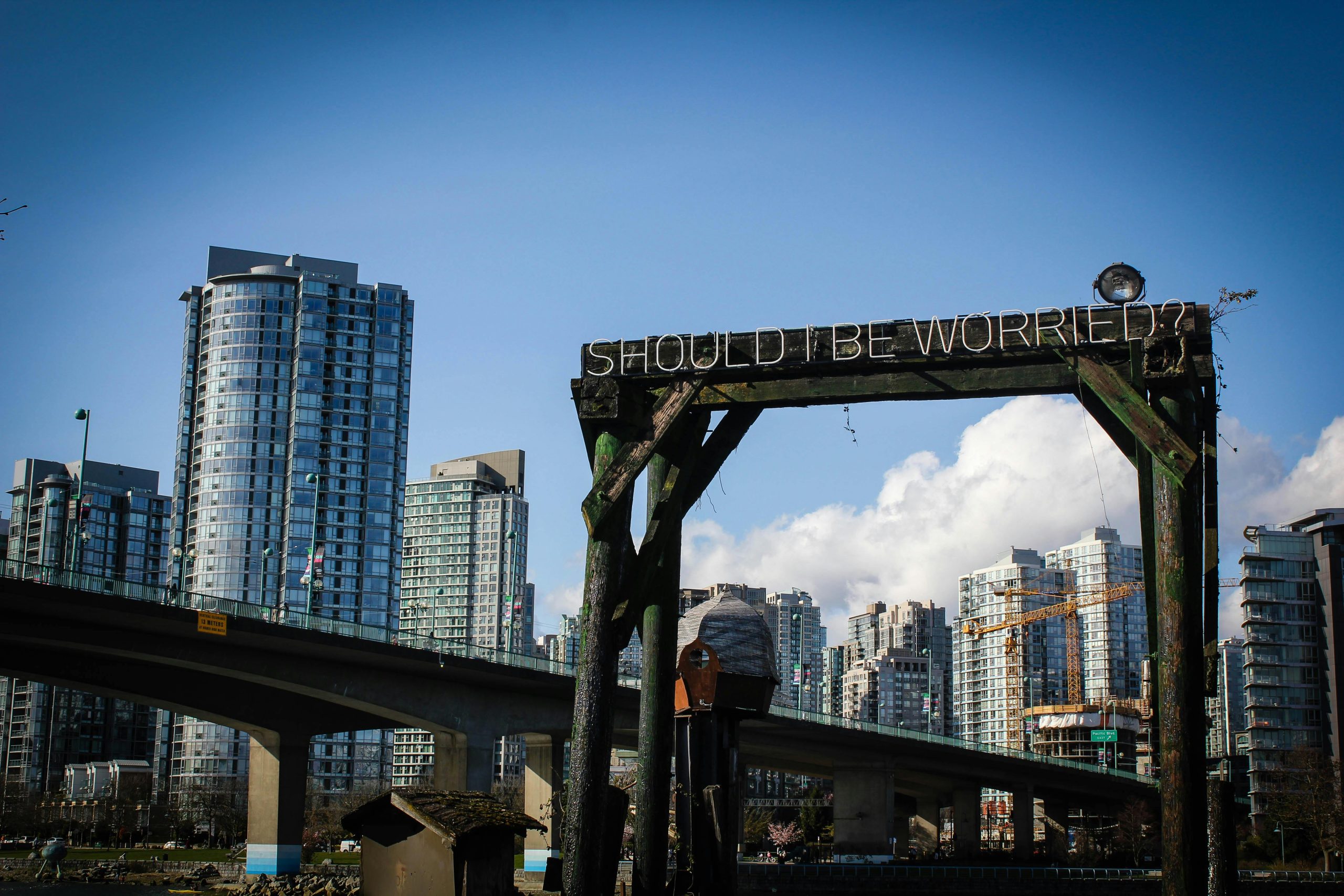Title: Navigating Non-Owner Auto Insurance: Should You Consider It When Carless?
As you plan a transition that involves selling your vehicles and moving, you might find yourself pondering the necessity of obtaining a non-owners auto insurance policy, especially if you’re currently without a car. This is a common concern among individuals in similar situations, and understanding it is crucial for smart financial planning.
Understanding Non-Owner Auto Insurance
Non-owner auto insurance is designed for those who do not own a vehicle but may occasionally drive one, whether it’s a rental or a friend’s car. This type of policy offers liability coverage, which can protect you in the event of an accident where you are held responsible for damages.
The Implications of Lapses in Coverage
One of your main concerns is whether going without any form of coverage could lead to a gap in your insurance history, potentially making it more expensive to reinstate coverage in the future. While the specifics can vary by state, many insurers do consider a lapse in auto coverage when calculating premiums. Thus, maintaining continuous insurance—even through a non-owner policy—can be beneficial for your future insurability and rates.
Do You Really Need Non-Owner Insurance?
Although you may currently have no plans to drive, circumstances can change unexpectedly, leading you to need a rental car or borrow a vehicle. Even sporadic driving can expose you to potential liabilities, making non-owner auto insurance a worthwhile consideration.
In summary, while it might feel unnecessary to purchase non-owner insurance when you don’t own a vehicle, it can provide peace of mind and financial protection if you find yourself behind the wheel. Additionally, it helps maintain an uninterrupted insurance record, which could save you money down the line. Ultimately, it’s wise to discuss your specific situation with an insurance professional to determine the best course of action tailored to your needs.



